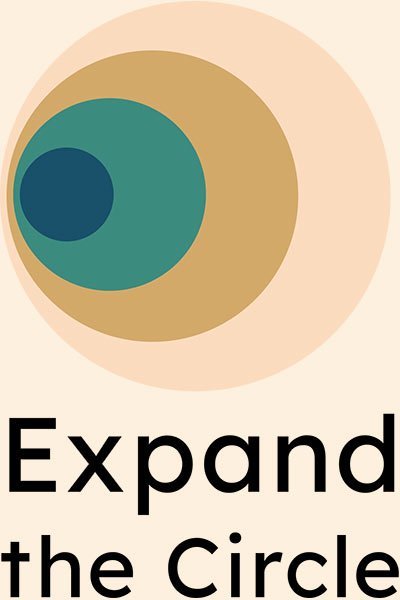Reflections on becoming an Autistic Coach - Part 3
This is part 3 of a series of three essays on my becoming an Autistic Coach. These essays were written in January 2021. At that time, I was three months into my formal coaching training (Masters degree in Applied Positive Psychology and Coaching Psychology at UEL) and nearing a two-year anniversary of receiving my autism diagnosis.
I’ve decided to share these essays to demonstrate my own commitment to reflecting on and developing my own practice to my coaching clients in a transparent way. I also hope that it’s of benefit to other neurodivergent coaches and neurodivergent people who are thinking of becoming coaches themselves.
Note: I try to keep my articles accessible by using simple language when I can. This is an exception; this article is a blend of self-reflection and academic writing.
Becoming comfortable with a changing direction
Client goals are changing, what do I do?
When I first started coaching, I had a narrow view of goal-setting within coaching and understood that goals, ideally SMART goals (Doran, 1981), needed to be set early on and adhered to. This was the approach that I took with Client F, a yoga teacher who asked to be coached on her wellbeing. Using a tailored wheel of life tool, we contracted to cover a different yogic chakra in each of the four sessions, which gave a neat TGROW model (Downey, 2014) structure for each week’s session. However, the overarching goal changed and was re-contracted as the sessions progressed. In the end, we only worked on one chakra.
At first, I felt disappointed about not progressing towards the original goal. Through self-reflection, I realised that this was because of my attachment to the initial plan (EMCC Competence: 6: Outcome and Action Orientation). I also felt the urge to rigidly adhere to a specific model (EMCC Competence 7: Use of Models and Techniques), which I learned that when pursued may not best serve the needs of the client (Grant, 2011).
My disappointment with veering away from the original direction shifted me into a negative free child ego state (Berne, 2004). Staying in this state would have resulted in the violation of the partnership principle of choice (Knight, 2011) and losing my unconditional positive regard for the client (Rogers, 1957), which is against my humanistic approach as a coach. Having reflected on it, I decided to let go of my own expectations of the sessions and instead use the client’s end-of-session feedback as a yardstick to measure session outcomes.
Reflection on my experience and practice
For me, the important learning arose from allowing to meet the client where she was and entrusting her with the direction of the sessions. For example, when I first started working with Client K with a rich imagination (see part 1), her goal was to gain greater confidence. This goal evolved over time and was re-expressed as a metaphor, an intangible feeling, and ultimately as a tangible measurable outcome. This changing of goals and priorities during the relationship might reflect that session goals became more aligned with client’s values (Coutu & Kauffman, 2009). Having learned that working towards value-based goals enhances client’s wellbeing (Sheldon & Elliot, 1999), I now realise that whilst working with changing goals may be uncomfortable for me as a coach, it should lead to more meaningful outcomes for the client.
Implication for my future practice
This experience has taught me that coaching is not about a blind pursuit of the original goal (Clutterbuck, 2010, 2008) and that rigid SMART goals do not work for everyone (Boyatzis & McKee, 2005, as cited in Clutterbuck & Spence, 2016). I still believe that a goal-focused relationship is a key ingredient of successful coaching outcomes (Grant, 2014). However, I also now believe that the focus on goals should be soft and flexible, allowing the client to transform the goal along the way, and through it, transform their reality.
About the Author:
Alicja Nocon is the founder of Expand the Circle. Her mission is to empower late-diagnosed neurodivergent adults to contribute in the workplace on their own terms and for it to make business sense.
Alicja offers coaching and mentoring for neurodivergent adults and neurodivergent employees with autism or ADHD, neurodiversity training for organisations and enjoys speaking at panels and other events.
Related topics:


